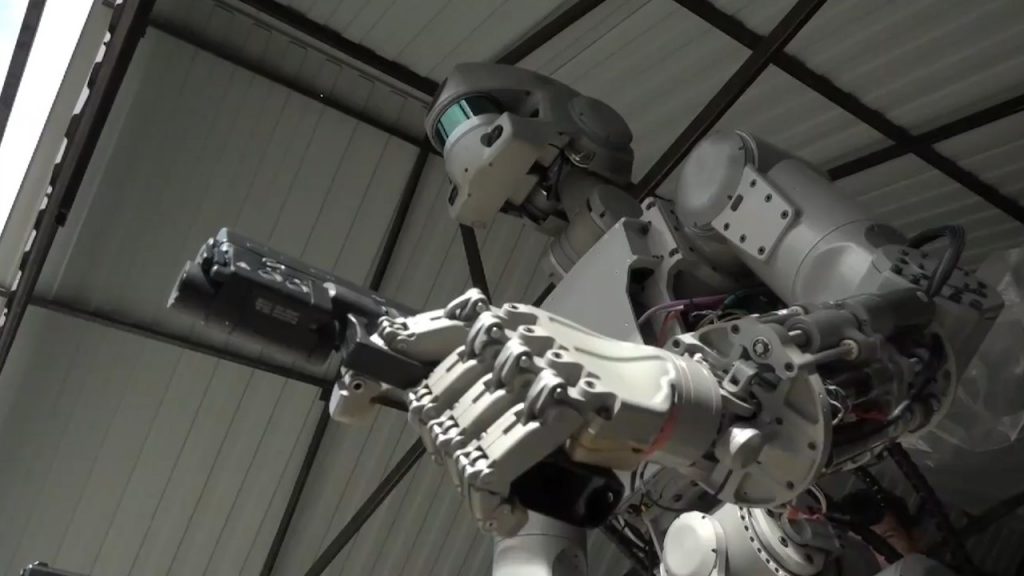China has ambitious plans to become the world leaders in AI by the year 2030. We just saw last year that they made an AI-powered police station. To become world leaders, they have to use AI technology in their workforce as well and they are doing just that. China has shifted to the process of automation to increase the supply of bombs and artillery shells and as a result, 25% of the ammunition factories have a robotic workforce.
Xu Zhigang, a researcher with the Chinese Academy of Sciences’ Shenyang Institute of Automation, told the South China Morning Post (SCMP) that these ammunition factories saw the replacement of human workers with “smart machines.” This change was brought on by the fact that people did not want to work in such hazardous environments.
“However high the salary offered, young people are simply not interested in working in an army ammunition plant nowadays,” said Xu. You can’t really blame them as there have been a number of accidents that have led to injuries and sometimes even the death of the employees.
Many factories are located away from the populated regions for this very reason. “One spark could lead to a huge explosion and reduce the plant to a crater,” said Xu. “The risk of fire was our biggest challenge. It hung over my head like a sword.”
Even if there were no accidents, the job requires handling dangerous chemicals and wearing protective gear and suits at all times so you can understand why someone would not be overly enthusiastic about it. Ever since the ammunition factories were automated, the productivity has increased 5 times.
“The robots can free workers from risky, repetitive jobs in the bomb-making process,” Professor Huang Dexian, from Tsinghua University’s department of automation, told SCMP. “It will create new jobs such as control optimization, hardware maintenance, and technical upgrades. It will give us a stronger, healthier, happier defense workforce.”
Even though robots can make our lives easier, there is a limit we can take automation to without having a proper backup plan. This is something Jon Wolfsthal, a non-resident fellow at Harvard University’s Managing the Atom project, suggested society be cautious of, saying, “the possible advantages … are endless, but so too are the risks.”
You can watch China’s automated workforce in the video below:

